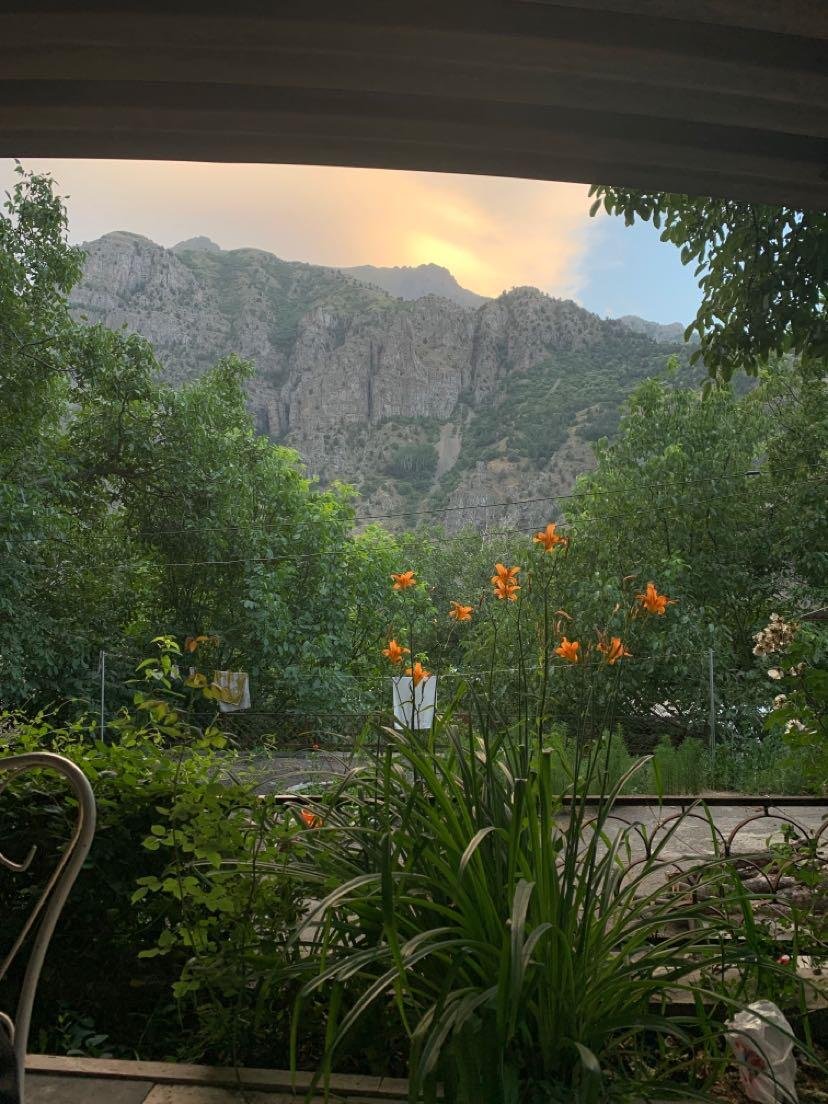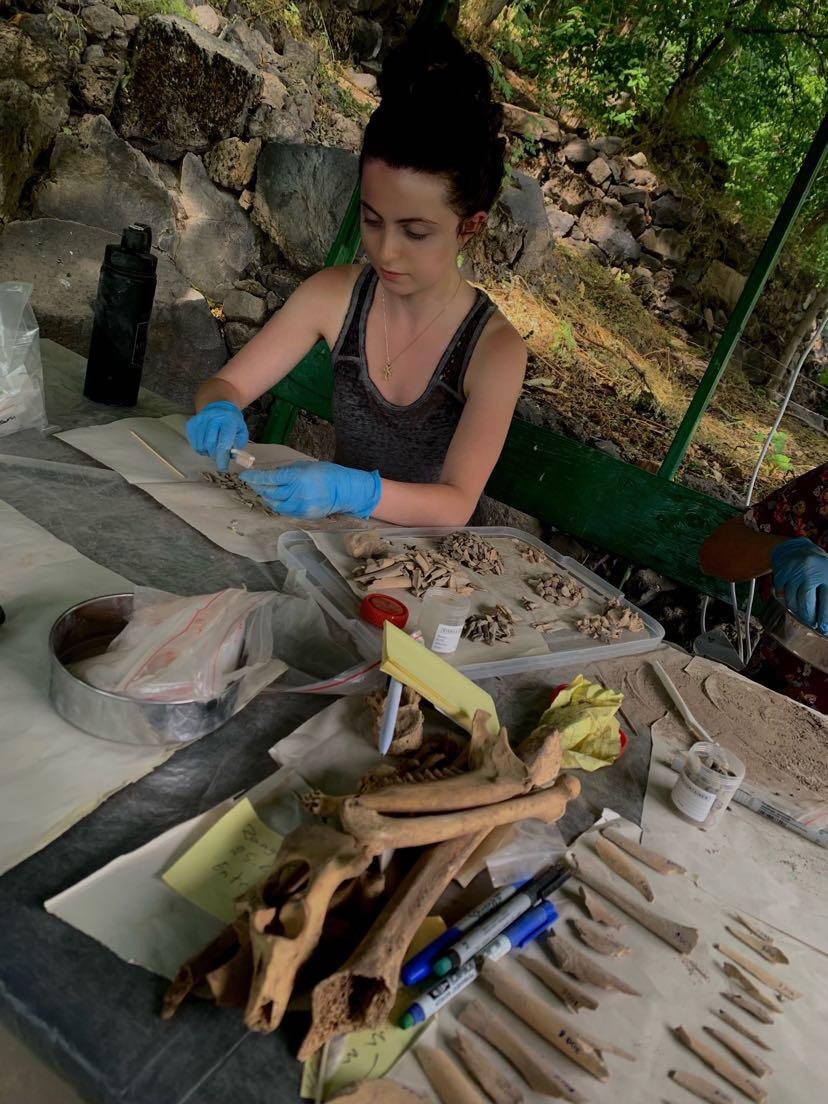
For the better part of my life, I did not want to be Armenian due to a combination of societal pressure and simple ease. Being half-Armenian, not speaking the language and not being involved in the community meant that with very little effort I could distance myself from my heritage. However, towards the end of high school, I felt an undeniable calling to come back to my roots. Since then, I have taken significant steps to do so.
As a Diasporan, I felt unable to connect with Armenia, because my ancestors did not come from the Republic of Armenia and because no one in my family had ever been there. It wasn’t until I came to the homeland through the Armenian Youth Federation (AYF) Internship in Armenia that I truly felt like Armenia was “home.” For a few years, I thought home could only be in Gesaria and other regions of Western Armenia, but the people, nature and warmth of Hayastan have shown me that finding a new home here is incredibly possible not just for myself, but for any Diasporan Armenian.
My connection to my Armenian heritage was rekindled while choosing a topic for a research paper in my junior year of high school. At that point, I had not thought about Armenia for years, but as I began my research on another topic, I noticed that I felt a gap, like there was a piece of me missing. That night, I simply googled the term “Armenian Genocide,” and my life was forever changed. From that point on, I spent days without sleep as I scoured through New York Times articles from the 1910s, witness and survivor testimonies and countless works on the Genocide with the hope of piecing together a story that I had always known existed, but had never been told.
This research quickly expanded beyond a small extended essay, and for months I not only learned about the Genocide, but for the first time in my life, I consciously confronted the intergenerational trauma associated with this crime and its denial. I almost let myself be consumed by it, until I realized that I had the potential to play a role in the necessary healing process. Subsequently, I made the decision to go into Armenian Genocide research as a career, in the hopes of achieving some small sense of closure for such an immense crime.

The AYF Internship in Armenia has provided me with the incredible opportunity to jumpstart this career. I have met with field experts from the Institute of Archaeology and Ethnography, the Armenian Genocide Museum-Institute and the Institute of Molecular Biology. I learned about their research and how my own knowledge will fit into the intricate puzzle that is Armenian Genocide research in the future. Under the leadership of Dr. Levon Yepiskoposyan, I was also able to participate in the excavation of a site near Yeghegis in the province of Vayots Dzor. I not only learned how the archaeological process works in the field, but how to clean and begin to identify bones and other materials in a lab setting.
My journey from rejecting my culture and heritage to embracing it head-on was long and at times very difficult, but I am confident that as a result, I am that much more appreciative and proud of my Armenian roots. I am also incredibly grateful to the AYF for nurturing my relationship with my homeland both within the Diaspora as well as here in Hayastan, and to all of the researchers who have shared their vast knowledge with me and helped me to advance my own studies. I am extremely proud to be in Hayastan at such a crucial time in its history, and I cannot wait to see where my journey here will take me next.



Be the first to comment